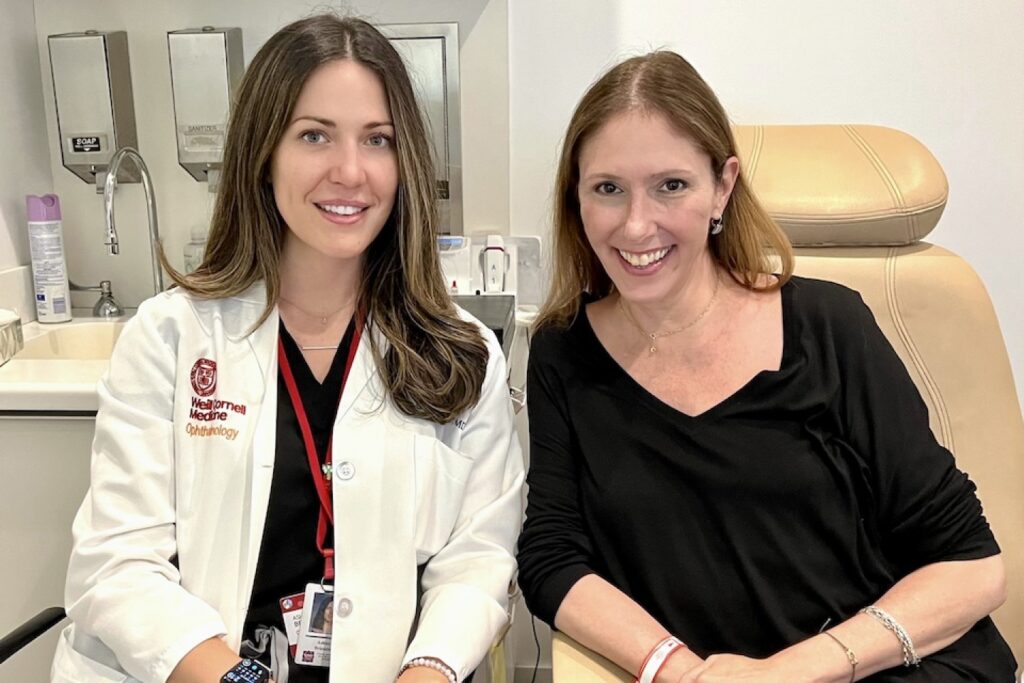The role of diet and nutrition in kidney transplant recovery Kidney transplant is a major surgical procedure that involves replacing a diseased kidney with a healthy one. Although kidney transplant is a highly successful procedure, the recovery period can be challenging. In addition to medical care, a balanced diet and proper nutrition can play a crucial role in improving the recovery and overall health of a kidney transplant recipient.
In this blog, we will discuss the importance of diet and nutrition in kidney transplant recovery, and provide some tips on how to maintain a healthy diet after a kidney transplant.
Why is diet important in kidney transplant recovery?
Following a kidney transplant, the body goes through a number of changes. The immune system is suppressed to prevent rejection of the new kidney, and the body may also experience side effects from medications, such as weight gain and changes in blood pressure.
Here are some general guidelines for a healthy post-kidney transplant diet:
- Eat a balanced diet: Consume a variety of nutrient-dense foods including fruits, vegetables, whole grains, lean protein, and low-fat dairy products.
- b) Limit sodium: High sodium intake can increase blood pressure and put strain on the transplanted kidney. Therefore, it is important to limit sodium intake to less than 2,300 mg per day.
- C) Control phosphorus and potassium intake: Kidney transplant recipients may have trouble balancing phosphorus and potassium levels, so it is important to limit intake of foods high in these minerals such as dairy products, nuts, and potassium-rich fruits and vegetables.
- Drink enough fluids: Adequate hydration is important for kidney function, and most kidney transplant recipients need to drink 8 to 10 cups of fluids per day. However, check with your healthcare provider to determine the appropriate fluid intake for your specific situation.
- Avoid alcohol and tobacco: Alcohol and tobacco use can increase the risk of infections and damage to the transplanted kidney.
- Take medications as prescribed: Some medications can affect appetite or nutrient absorption, so it is important to follow medication instructions and discuss any concerns with your healthcare provider.
- Consult a registered dietitian: A registered dietitian can help you create a personalized meal plan that meets your specific needs and goals. They can also provide guidance on managing any dietary restrictions or food intolerances you may have.




